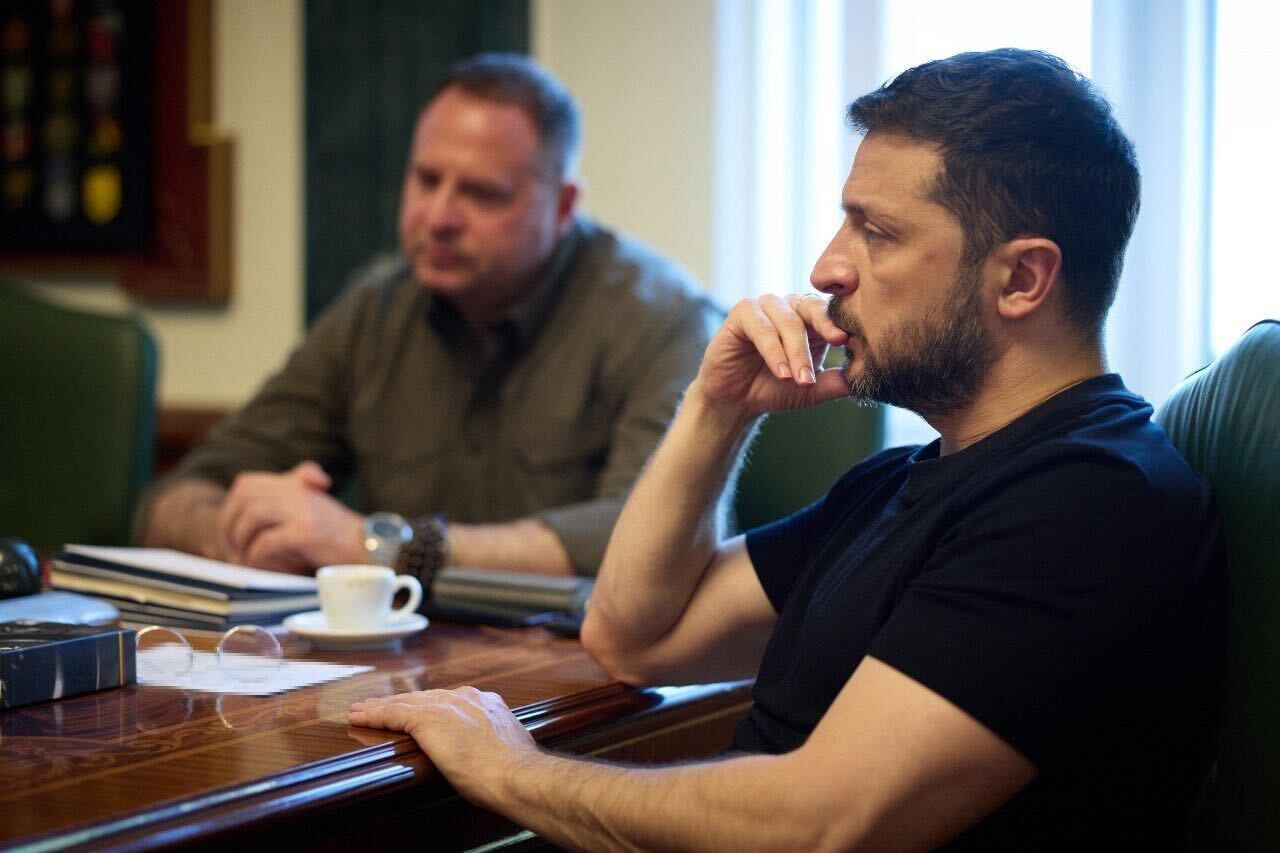Laura Dean on Rached Ghannouchi's Talk at Brookings
A few weeks ago, Brookings hosted a talk by Rached Ghannouchi, the head of Tunisia's ruling---and moderately Islamist---El Nahdha party, gave a talk at the Brookings Institution, a talk we ran as the most recent episode of the Lawfare Podcast.
Published by The Lawfare Institute
in Cooperation With

A few weeks ago, Brookings hosted a talk by Rached Ghannouchi, the head of Tunisia's ruling---and moderately Islamist---El Nahdha party, gave a talk at the Brookings Institution, a talk we ran as the most recent episode of the Lawfare Podcast. I sent the talk to Laura Dean, a journalist and writer living in Cairo, who has been doing election monitoring projects in countries around the region and who had recently written a post for us on salafis in the Arab World, including in Tunisia. She offers the following thoughts:
Since the very first days after the fall of President Ben Ali, El Nahdha, Tunisia’s moderate Islamist ruling party, has proved very adept at navigating Washington and assuaging Western fears about nascent North African governments. Rached el Ghannoushi, co-founder of the party, has been the trusted face of el Nahdha abroad, though he is often accused of double speak on the home front, telling the West what they want to hear while capitulating to the more extreme elements within his party and Tunisian society. In his address on the future of democracy in Tunisia, Ghannoushi downplays the ongoing polarization in Tunisian politics that has led to political stagnation and the significant disagreements that have slowed the constitution-drafting process. Meanwhile, the economic environment that catalyzed the uprisins that led to the ouster of Ben Ali persists, particularly widespread youth unemployment, has not improved. One factor that contributes to the polarization is the growing presence of violent Salafi groups that perform extra-judicial acts against civilians and more recently, the state. While Salafis in neighboring Egypt have largely joined political parties, in Tunisia most remain outside of the political system. When asked about obstacles for the Salafi movements in integrating into the political process, Ghannoushi said, they are "not made in Tunisia," but rather, their ideology is "an international phenomenon." His point has elements of the truth, but it also misses a bigger truth. The dismissal of Salafi movements as foreign bodies is a refrain heard often in North Africa. Some say it is the influence of the Gulf; they say people work in Saudi Arabia and come back with Wahabi religious ideas. No doubt this has had an effect, as do religious shows on satellite television and the internet. These have played a significant role over the last decade or so. However, these days there are plenty of "homegrown" Salafis, people who have never left North Africa, and leaders in the region must adopt a homegrown plan to address those who advocate violence and vigilante actions. Ghannoushi calls for a "mixed remedy" to address violent Salafi groups in Tunisia---including fighting against poverty, which he argues is a catalyst for extremism, as well as dialogue and a security element for those who refuse to renounce violence. While this is an admirable goal, it is a big plan for a hard problem. And other big plans for hard problems have foundered in Tunisia. It must not go the way of security sector reform and other transitional justice initiatives that have thus far failed to materialize. For all of Ghannoushi’s critiques of the Salafis at the Brookings event and assertions that they should be dealt with harshly, Tunisian activists suggest that the police don’t intervene sufficiently but, rather, allow Salafis to perpetrate violence and other crimes. They say the authorities don't intervene either because of a lack of capacity or in a demonstration of some tacit support. Some observers say it is only now that these groups have attacked the state directly, beginning with the killing of a member of the national guard late last year, that the government is beginning to crack down in earnest. In his Washington address, Ghannoushi maintained that, "over the past year [the Tunisian government has] imprison[ed] hundreds who tried to break the law and in some instances also kill[ed] nearly 14 of them." Human rights defenders in Tunisia contend that the dragnet approach to arrests---which has involved rounding up a large number of people while failing to track down the individuals responsible for particular crimes---fails to provide the accountability Tunisians desire, accountability that would result in a greater sense of security. During this address, Ghannoushi referred to Tunisia’s political polarization in passing. However, healing the rift between those who do participate in politics---namely, moderate Islamists and secularists---is crucial to preventing further political stagnation, particularly as Tunisians themselves are eager to turn to more pressing issues such as the economic challenges that led to the uprisings in the first place. Many secularists point to el Nahdha’s unwillingness to prosecute Salafi violence in the past as well as Ghannoushi's perceived double speak as reasons to doubt that el Nahdha is an honest broker. The constitutional drafting process that has gone on since the election of the National Constituent Assembly in October of 2011, revealed fault lines between Islamist and secular politicians on issues of human rights, most notably over freedom of expression and association, and gender equality. While Ghannoushi talks of wanting buy-in from all political actors and not just a 51 percent majority, it would seem that some confidence-building is necessary on both sides. Taking the Salafi problem seriously is a key piece of that puzzle.
Benjamin Wittes is editor in chief of Lawfare and a Senior Fellow in Governance Studies at the Brookings Institution. He is the author of several books.





